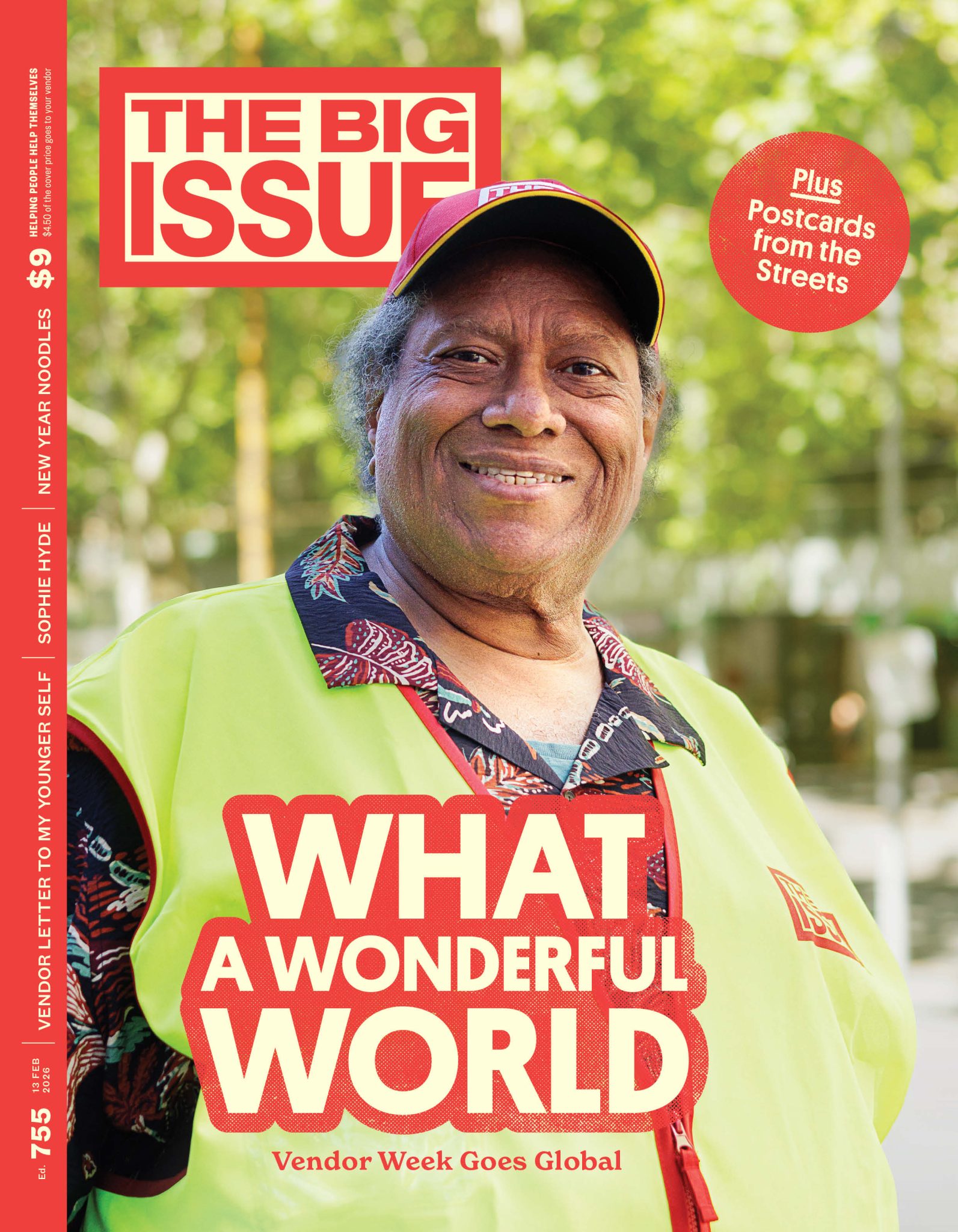There is nothing like a perfect roast chook with all the trimmings for a Sunday lunch or dinner. Chef Neil Perry shares his family recipe.
This dish has a really strong relationship with my memories of my mother and father. Dad really taught me all about great seasonal produce and that fresh meant fresh from the ground or sea, not off the shelf. It was a very privileged childhood in regards to eating well and understanding how fruit and vegetables grow, how fish should be caught and treated, and how meat can be eaten from nose to tail and, importantly, respected and looked after when cooking. You see, my father was a butcher, gardener, fisherman and a talented cook. Most of what we ate he either gathered, caught or brought home from our butcher shop.
However, the roasting of the chickens on a Sunday lunch fell to my mum, Margaret. She was always bang-on with the cooking, and we always had roast potatoes and, more often than not, boiled peas with butter and mint. Mum would always roast a lot of chooks, so usually I would be enjoying a chicken and mayo sandwich in my lunch box on Monday at school.
These great memories remind me of the generosity and hospitality that Mum radiated and the way the family would eat together and laugh, argue and spend a wonderful day together. This memory is one of the reasons that I have named my new restaurant Margaret and dedicated the book to her. She was the rock on which my life was really built, and the reason my restaurants have been run through the Care philosophy.
Ingredients
Serves 4
- 2kg organic or free-range chicken
- 1 lemon, quartered
- Handful of thyme
- Handful of oregano
- Extra virgin olive oil
- Sea salt and freshly ground pepper
Method
Take the chicken out of the refrigerator two hours before cooking. It’s important to start with a good bird, so free-range or organic is a must. You get back what you put in.
It is helpful, but not crucial, to remove the wishbone, as it will make the bird easier to carve later. To do this, place your chicken on a chopping board, on its back with the legs facing away from you. Cut off the neck and pull back the skin to reveal the wishbone. Using a small sharp knife, cut down along the outside of the wishbone to where it joins the breastbone and cut through at these points, going all the way down to your chopping board. Now cut around the V-shaped bone and carefully pull it out – it should come away quite easily.
Season the inside of the chicken with salt, and stuff with the lemon quarters and herbs. Truss the chicken, then season the outside. (Alternatively, truss and season the bird the day before, refrigerate overnight and remove 2 hours before cooking.)
Preheat the oven to 220°C. Rub the bird all over with olive oil and put it into a roasting tin large enough to hold it comfortably. Roast the chicken for 45 minutes – when it’s ready, the skin should be golden brown. Remove from the oven, transfer to a bowl and leave to rest in a warm place for 10 minutes.
Put the bird on a chopping board and cut off the legs. Cut the legs in half by sliding your knife between drumstick and thigh. Remove the breasts with the wings attached, then cut them diagonally in half, to give you a thicker half with the wing attached and a thinner, slightly longer half.
Take four large plates and put half a leg on each one, then half a breast. Remove the lemon quarters from the cavity and squeeze two of them into the bowl you rested the bird in. Mix with the chicken juices in the bowl, then add a little olive oil and lots of pepper, stir well and pour some over each serving of chicken. Serve immediately.
TIP
Don’t throw away the carcass and bones from the roast chicken – they make a lovely stock. Cover with water in a saucepan and simmer for a couple of hours, then strain the stock through a muslin-lined sieve. It will keep for a few days in the fridge and up to 6 months in the freezer.
Everything I Love to Cook by Neil Perry is out now.
This article first appeared in The Big Issue Ed#645.
Photo by Petrina Tinslay.
